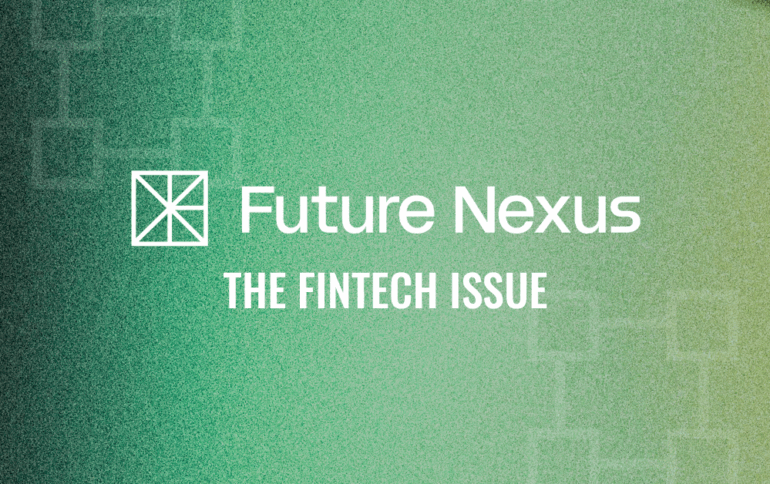Delta’s tentative launch of AI for personalized plane-ticket pricing was far from a smooth takeoff. Consumers reacted with alarm to the idea that travel — a sector in which passengers have increasingly limited rights — may become even costlier for the end user, and more profitable for the corporate behemoth.
It had us thinking about what this means for commerce writ large, as AI-driven and agentic commerce becomes more normalized and ubiquitous. Is the art of the deal going to die?
The answer is: It’s complicated, and it depends. Early signs suggest sales teams are using AI to negotiate more favorable terms in contracts, beating out older-school colleagues — and are using AI to set pricing terms on the supply side as well. A survey from Bain & Company showed that teams using AI in pricing and sales self-report a higher likelihood of “winning deals” by 12 percentage points.
An ability to automate diligence may also decrease the likelihood of client churn or litigiousness.
“When a company digitizes contracts using generative AI and optical character recognition technology, it can spot unfavorable contract language as well as identify opportunities to optimize standard terms,” the report’s authors write. “When that step is paired with an analysis of transactions against each contract, contract performance and enforcement opportunities become quite clear.”
That, in our view, is new. But on the consumer-welfare end — to return to Delta — we’re not sure how grand of a departure products like the airline’s price-setting tool are from the algorithmic price-fixing we already see today. (“AI” this, “Big Data” that.) Uber relies on surge pricing and targeting user-level willingness to pay across geography, time, and a litany of discrete variables. Consumers typically receive different online coupons according to their perceived Lifetime Value (LTV) and Willingness to Pay (WTP).
As we look at the next era of commerce, and raise our eyebrows at the prospects of additional rent extraction, it’s worth considering the forms of price discrimination that are already normalized today under the guise of “market conditions” or “favorable discounts.” And as agentic commerce begins to funnel querents to the “best-option” good or service they seek, we may witness bread-and-butter hyperpersonalized price discrimination taking the form of an amiable LLM serving up the “best deal” — for you.
But it’s not just pricing. As agentic AI creeps deeper into commerce and finance, the question also becomes: How much are we really willing to outsource? Today, we explore the dawn of DIY finance and whether there are unforeseen costs to speed and efficiency.
—The Editors


